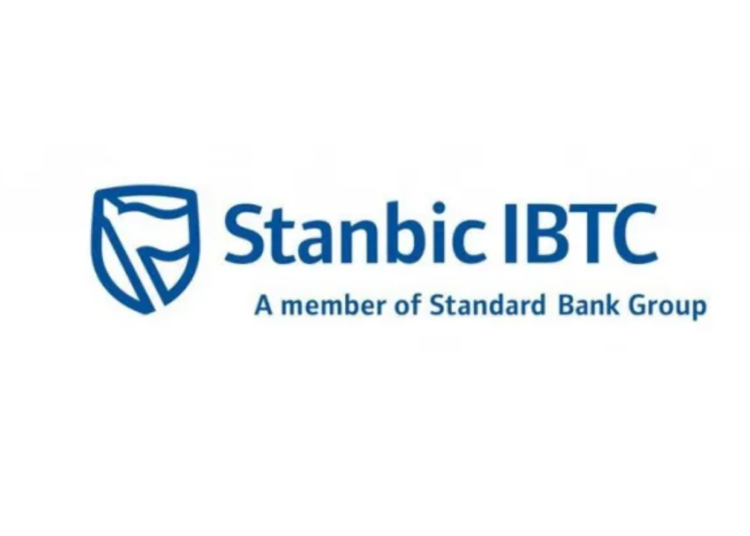Stanbic IBTC Bank Purchasing Managers’ Index (PMI), has showed signs of recovery in the Nigerian private sector in the month of April as the cash crisis eased.
The headline PMI moved back above the 50.0 no-change mark for the first time in three months during April. At 53.8, the index was up from 42.3 in March and pointed to a solid overall improvement in business conditions in the private sector.
The headline figure derived from the survey is the Purchasing Managers’ Index. Readings above 50.0 signal an improvement in business conditions on the previous month, while readings below 50.0 show a deterioration.
The report said, firms reported renewed expansions in new business and output amid improved access to funds, saying, “companies remained cautious with regards to hiring, however, and employment fell slightly.
“There were mixed trends in terms of prices at the start of the second quarter. Input costs increased at a sharper rate, but further efforts to attract customers led firms to increase their selling prices at the softest pace for three years.”
According to respondents to the latest survey, the recovery in operating conditions reflected an easing of the cash crisis which has severely affected the economy in recent months. Panellists reported a more normal business environment as customer numbers improved in line with greater access to cash.
As a result, both output and new business expanded sharply in April, ending two-month sequences of decline in each case. Rebounds in activity were seen across each of the agriculture, manufacturing, services and wholesale & retail sectors.
Business sentiment remained subdued in April, despite a slight pick-up from March. In fact, optimism was among the lowest seen since the survey began in January 2014. The relatively subdued outlook meant that companies remained cautious with regards to hiring, and reduced employment marginally for the third month in a row.
Head of Equity Research, West Africa at Stanbic IBTC Bank, Muyiwa Oni said: “Stanbic IBTC Bank headline PMI declined to 42.3 in March from 44.7 in February, the second consecutive contraction in private sector business conditions in over two years.
“The continuous decline relative to February reflects the negative impact of cash shortage across different segments of the economy over the past two months. Currency in circulation declined by 58 per cent in January 2023 to N1.39 trillion from N3.01 trillion in December 2022, while currency outside the banks declined by 72 per cent in January 2023 to N789 billion from N2.57 trillion in December 2022.
“Nevertheless, we expect an improvement in economic conditions given that the Central Bank of Nigeria has stepped back on the cashless policy and is steadily increasing the volume of cash in the economy following the directives from the courts. However, these readings indicate that reported GDP figures for Q1, 2023 will be weak and broadly behind our expectations of 2.4 per cent. We project the Nigerian economy growing at three per cent in 2023.”











